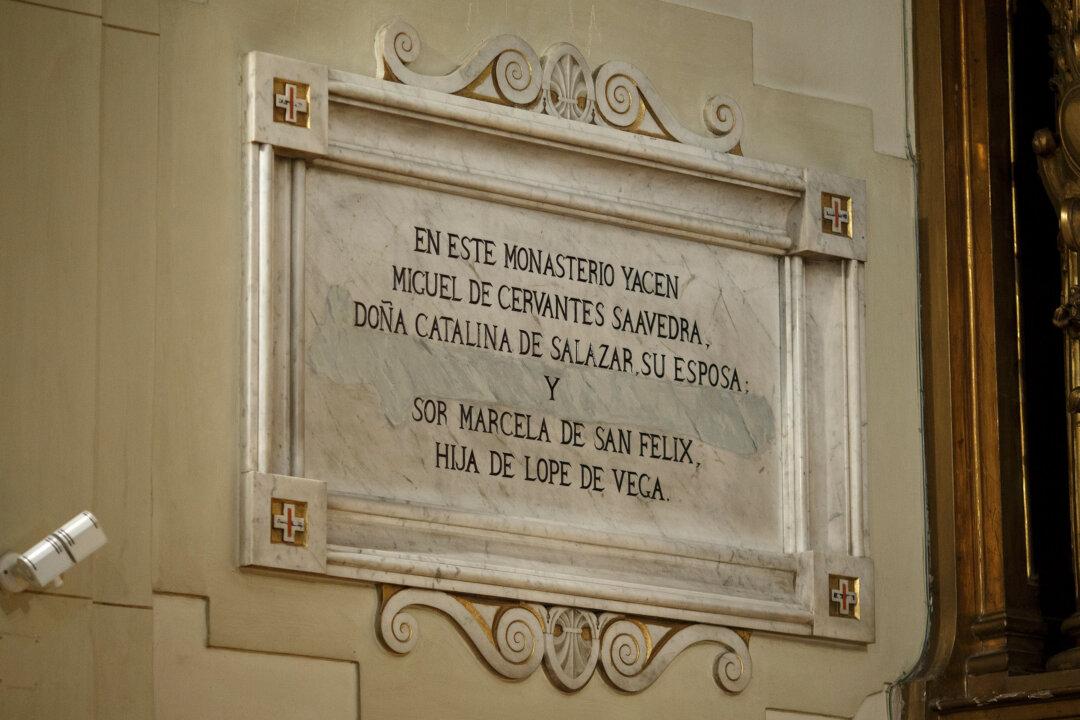In diplomatic meetings in Beijing and Madrid, the Chinese regime made known its displeasure with a Nov. 18 decision by the Spanish National Court to issue arrest warrants for former Chinese regime head Jiang Zemin and four other high-ranking officials. The warrants are in connection with the court’s investigation of genocide in Tibet.
Upon the decision against Jiang Zemin and the four other officials being issued, China Foreign Ministry spokesman Hong Lei, immediately called a press conference and warned, “We hope that the relevant parts in Spain take seriously China’s concern and don’t do anything that might harm this country or the relationship between China and Spain.”
On Nov. 20, Beijing summoned the Spanish ambassador to discuss the court ruling and, on the same day in Madrid, Director General for North America and the Asia Pacific of the Spanish Ministry of Foreign Affairs Ernesto Zulueta, met with a representative from the Chinese Embassy.
Also on Nov. 20, the Spanish Minister of Foreign Affairs Jose Manuel Garcia Margallo, on his return from a trip to California and Florida convened an emergency meeting “to address this crisis,” while saying that the issue could be discussed in the Council of Ministers, said the Spanish newspaper El País.
A Spanish Foreign Ministry spokeswoman said on Nov. 21 that in the Beijing meeting China repeated the concern that the court decision could damage relations between the two nations. The spokeswoman said that in the Madrid meeting the Chinese official spoke of the court decision as interference in China’s judicial system.
China claims “sovereign immunity” for its former presidents. In international law, a head of state only has immunity while in office.
In the past, the Chinese regime has punished nations for taking actions it disapproves of. European nations whose leaders have met with the Dalai Lama, have found that the Chinese regime refuses high-level meetings and blocks economic deals.
Jose Elias Esteve, the lawyer representing the plaintiffs in genocide case before the National Court, told Epoch Times that China’s diplomatic protests are “expressly asking the Spanish government to close the case because it can damage the relationship between Spain and China.”
“Spain is a democratic country and the judiciary should be independent of the executive power,” said Esteve.
Esteve rejected the argument that Spain’s economic self-interest lays in appeasing China.
“Many of the products we buy are made by Tibetan prisoners in detention centers, which are like concentration camps,” Esteve told the Spanish newspaper Levante. “From the economic point of view, the subsidized relocation of textile and toys companies not only takes advantage of the violation of human rights there, but also causes unemployment here [in Spain].”
The decision by Spain’s National Court comes during a time of increasing tensions in Tibet. Since February 2009 123 Tibetans have self-immolated in protest of the Chinese regime’s policies, according to International Campaign for Tibet. On Oct. 1, at least 60 Tibetans were injured when Chinese forces fired on protesters, according to the International Campaign.
The Associated Press contributed to the report.



